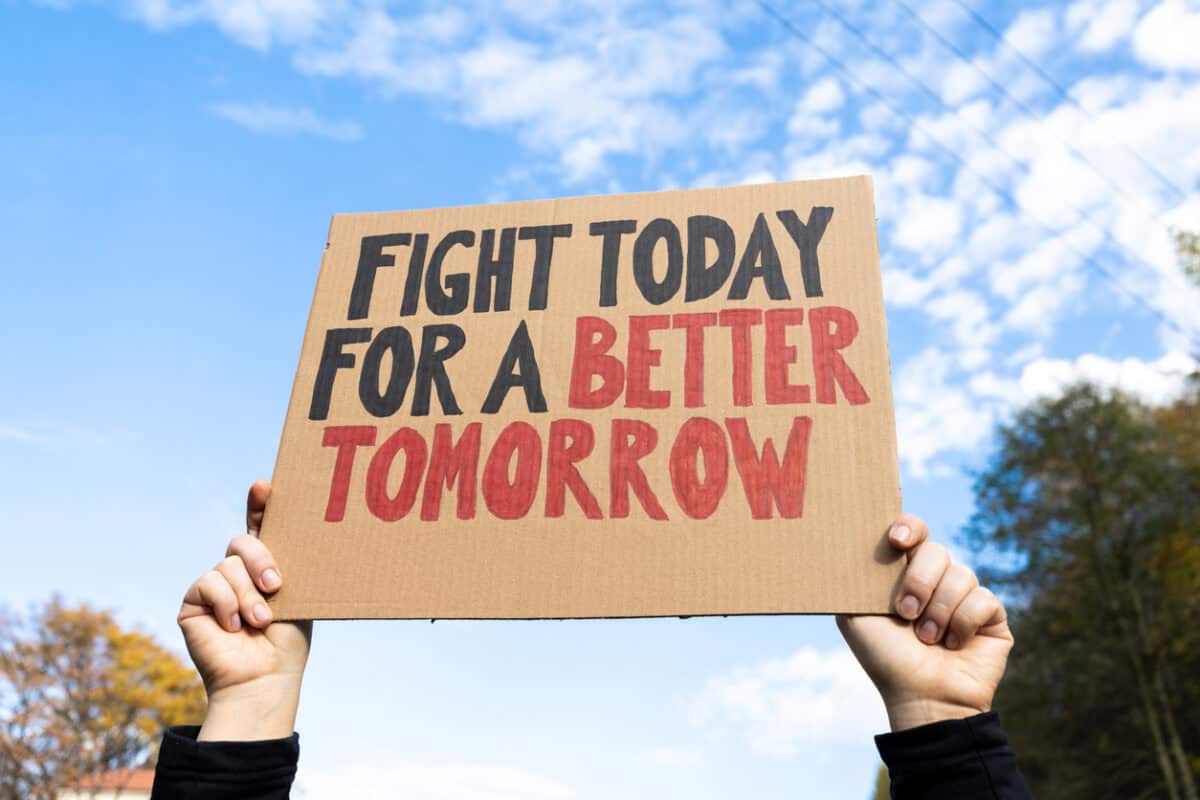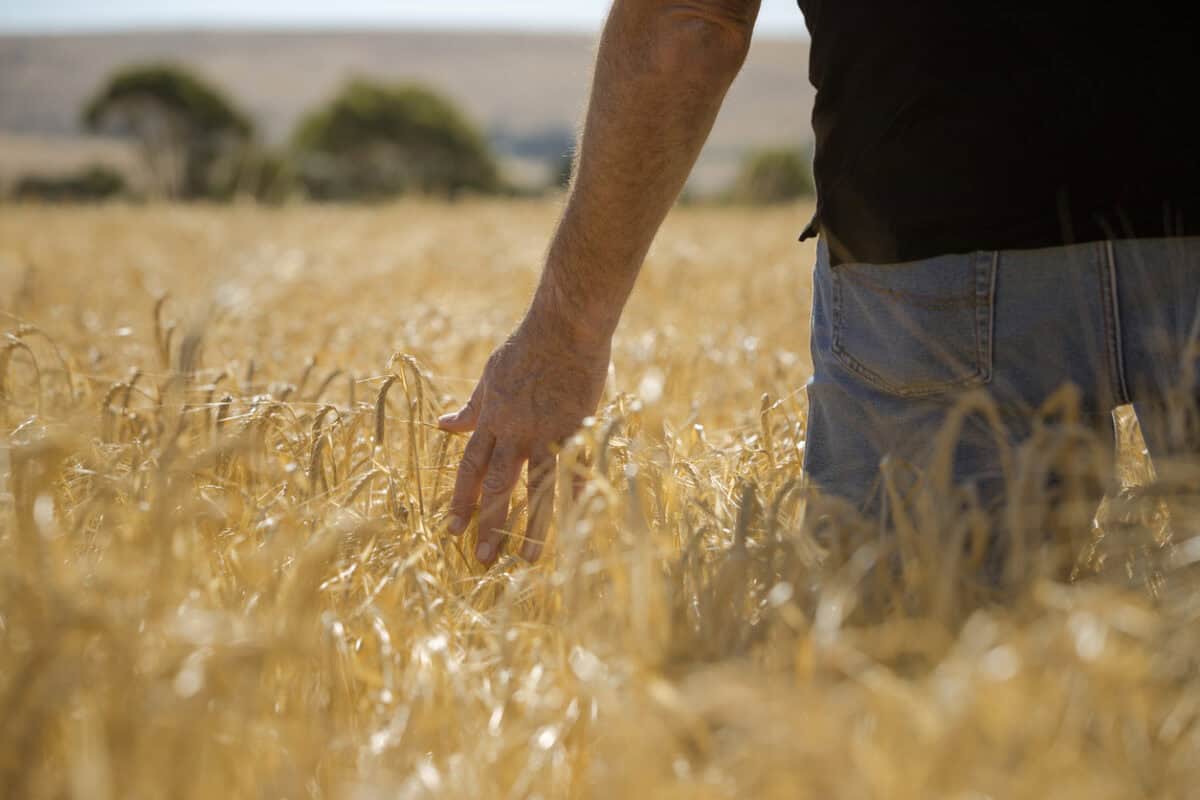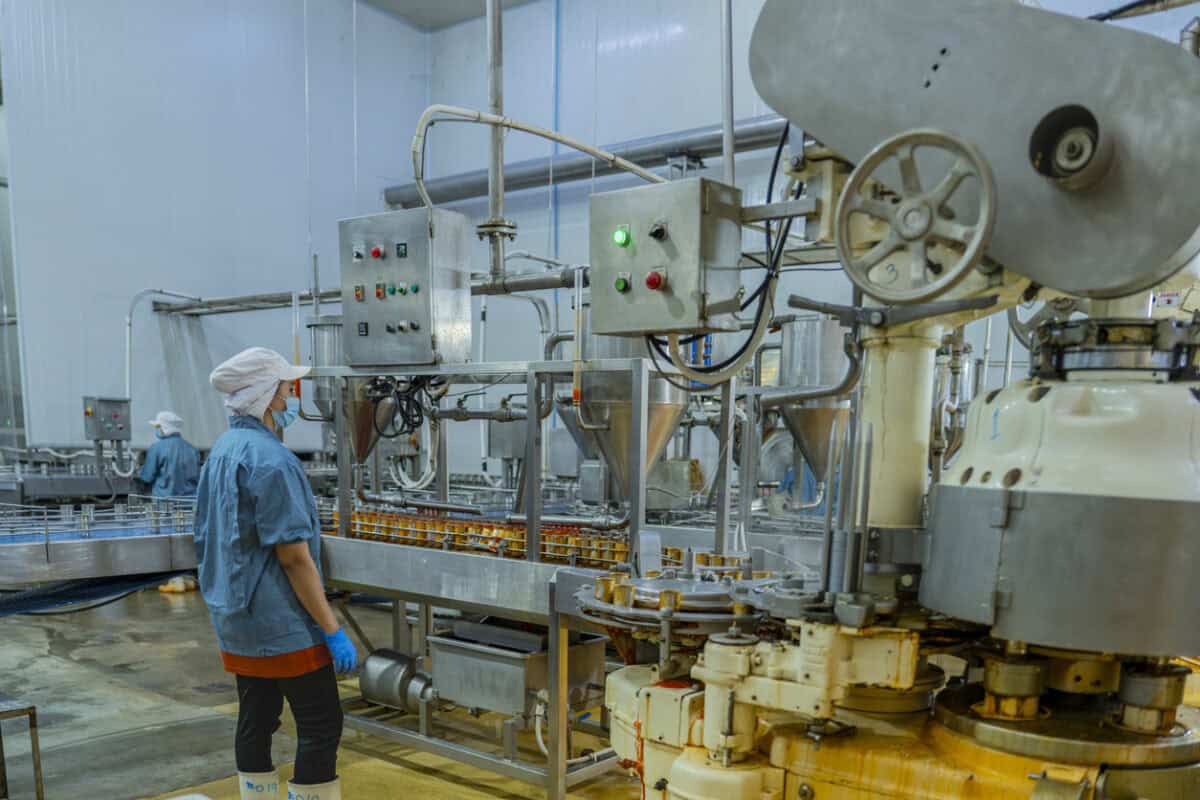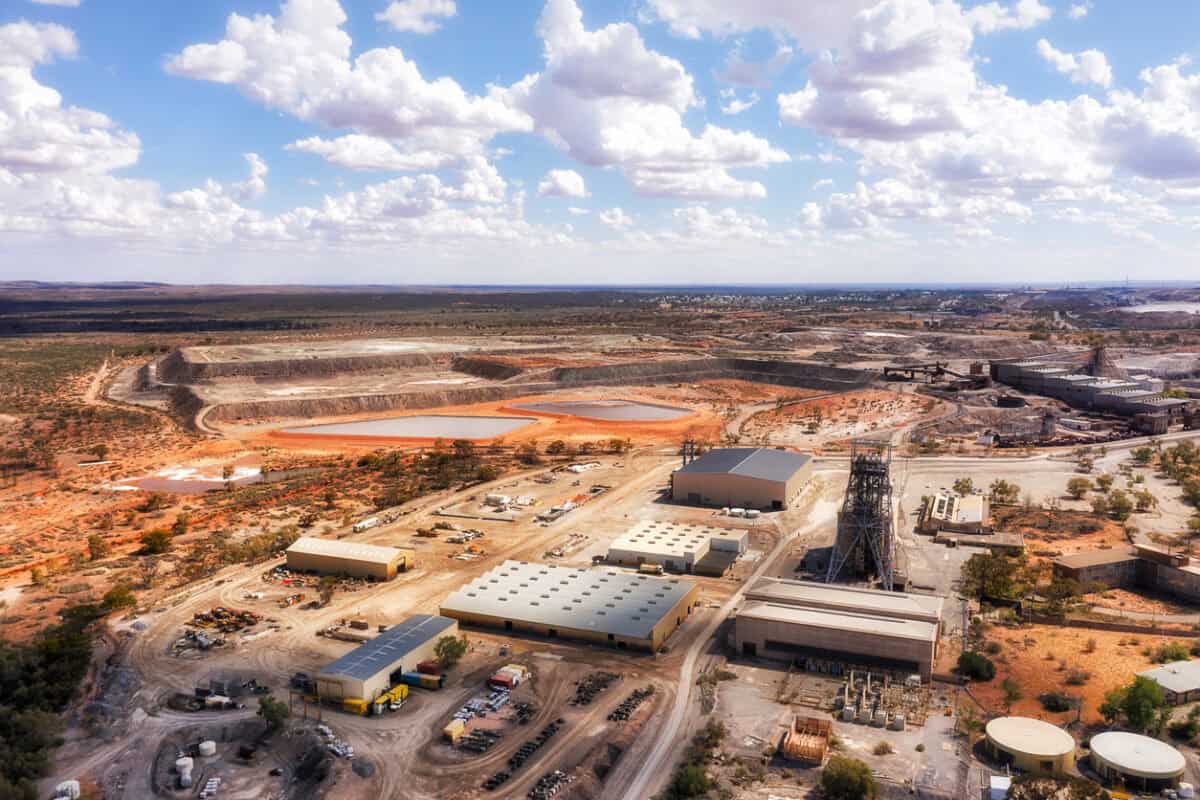An open letter about workplace suicides was published to support World Mental Health Day in 2024. The research work of some of the signatories has continued and appeared in a 2026 editorial in Volume 46 of “Crisis – The Journal of Crisis Intervention and Suicide Prevention“, calling for action.
[This article, unavoidably, discusses suicide]







